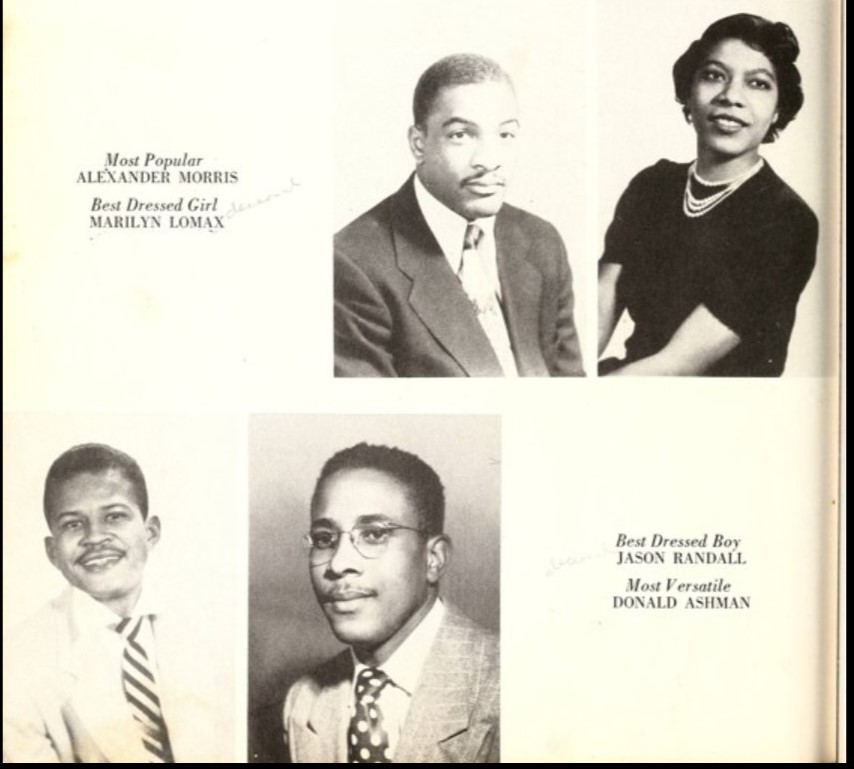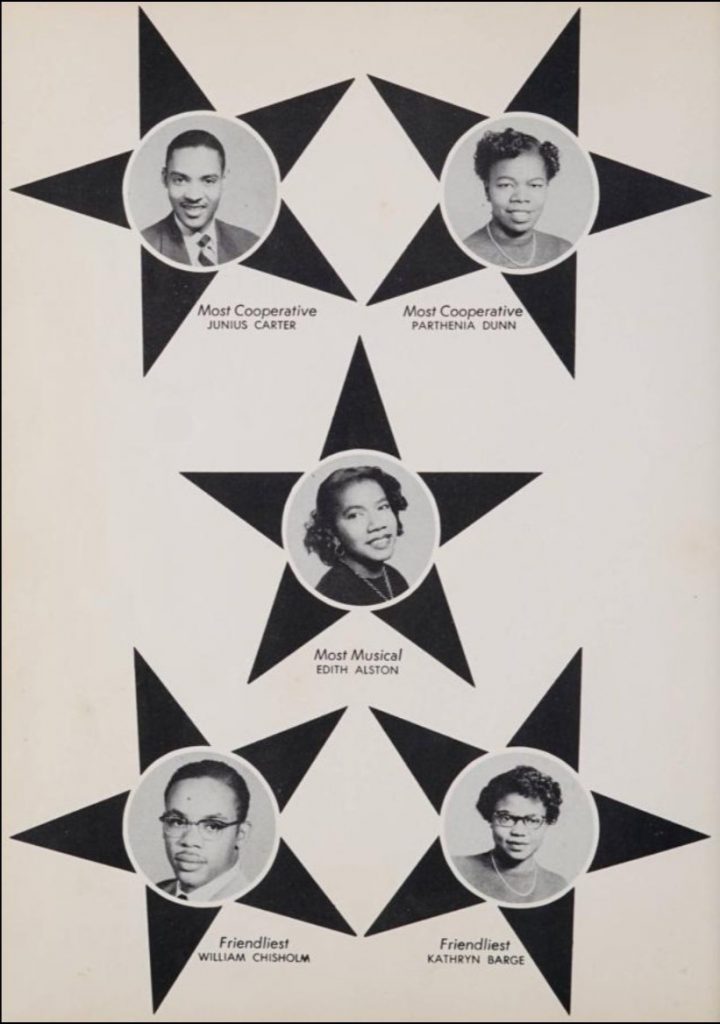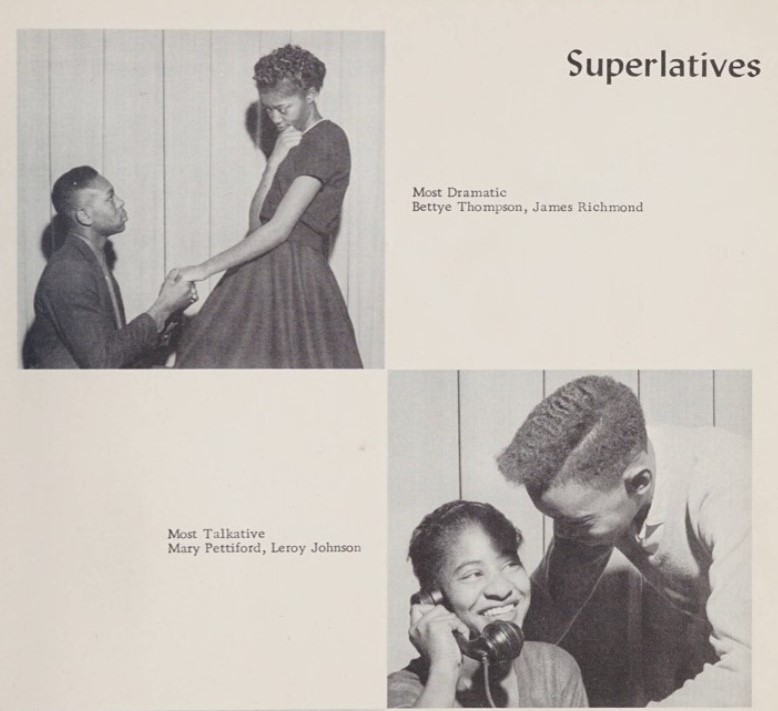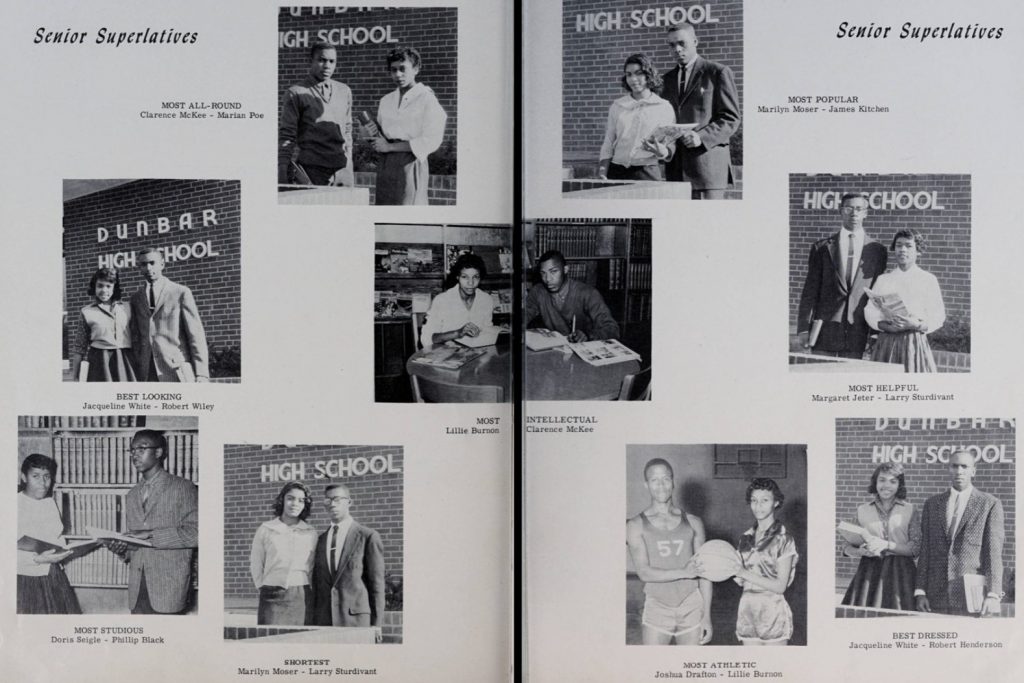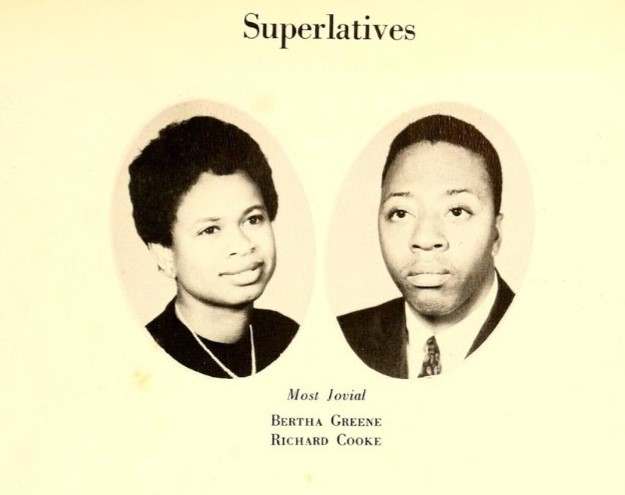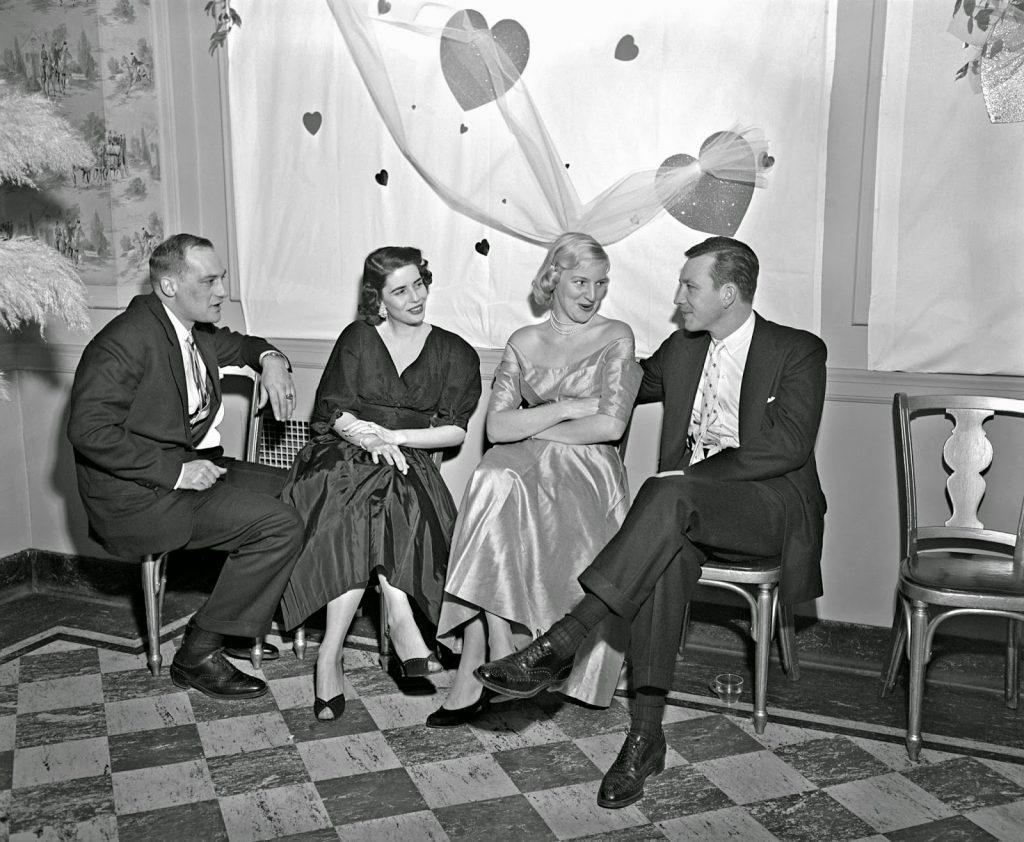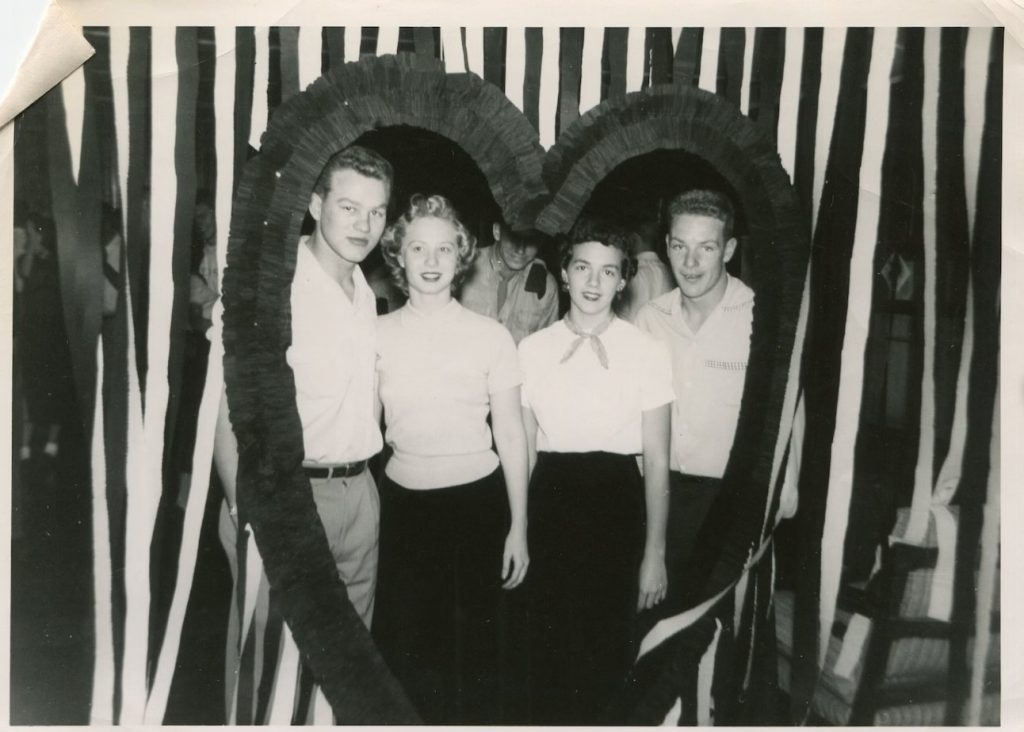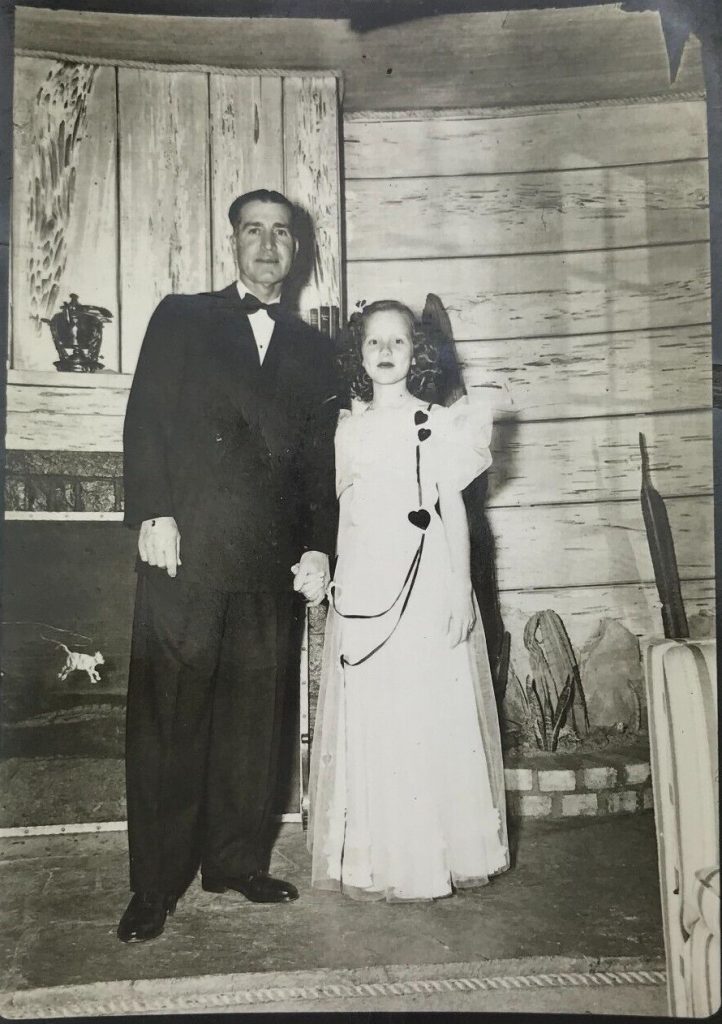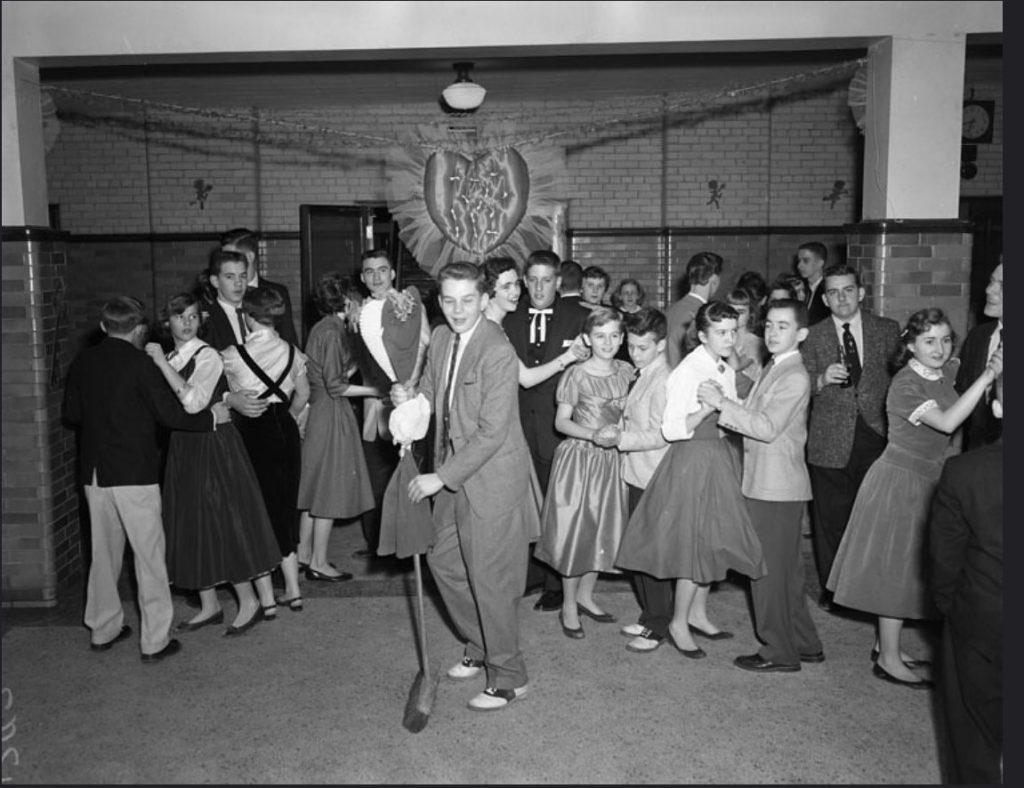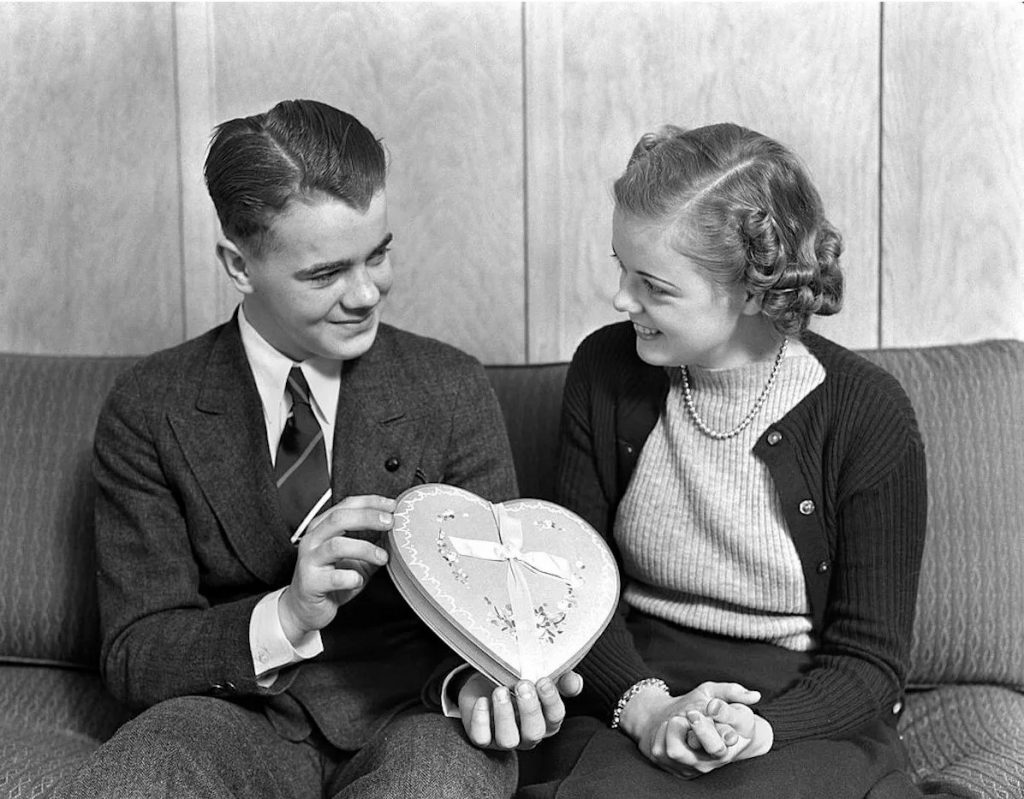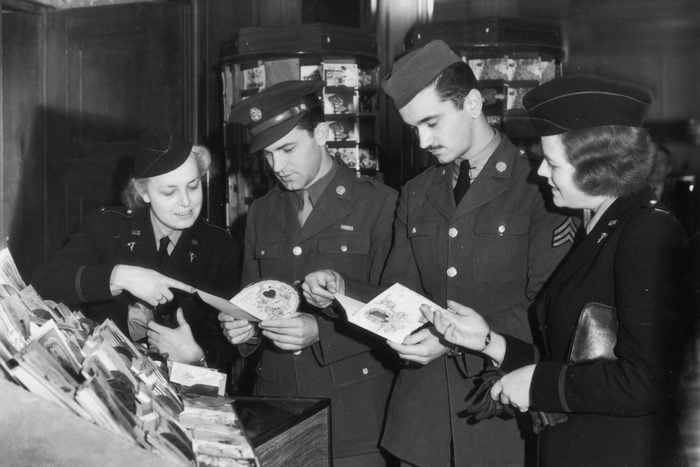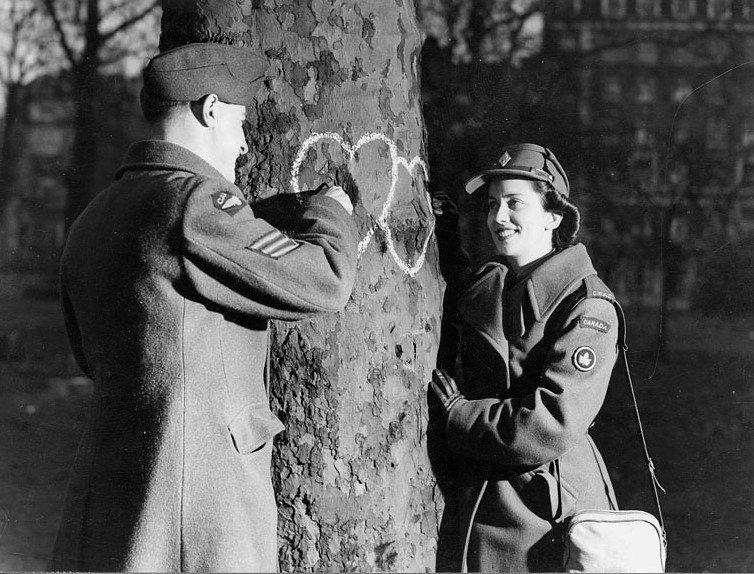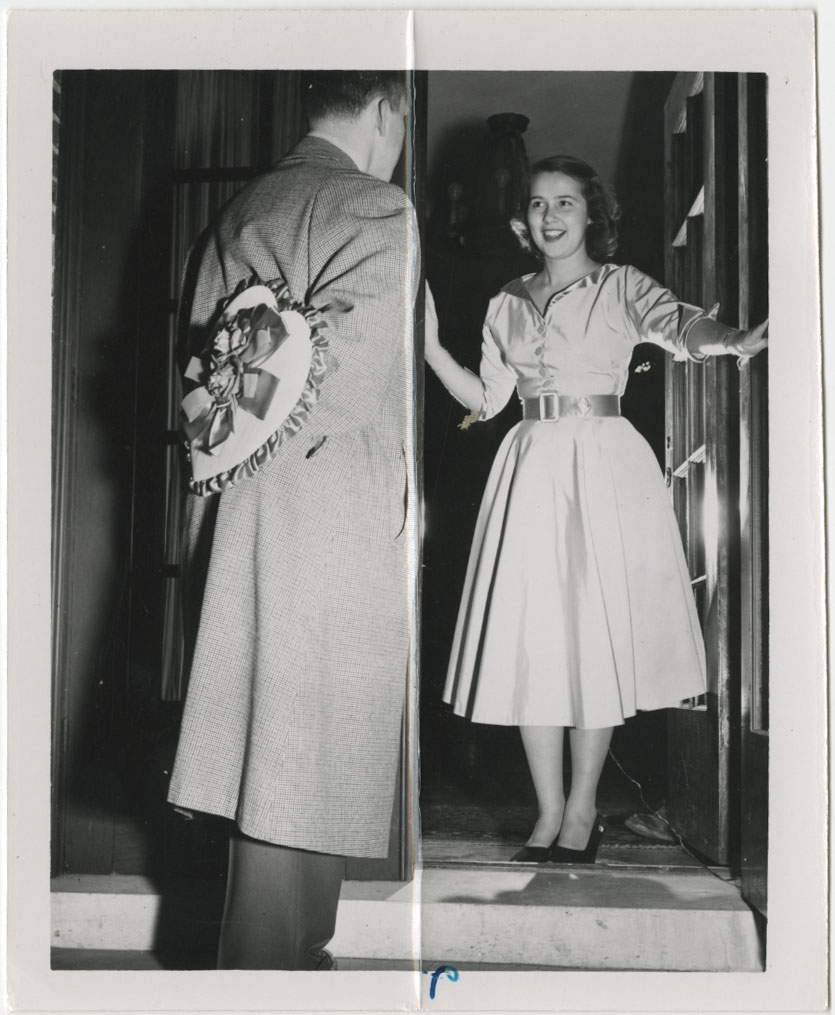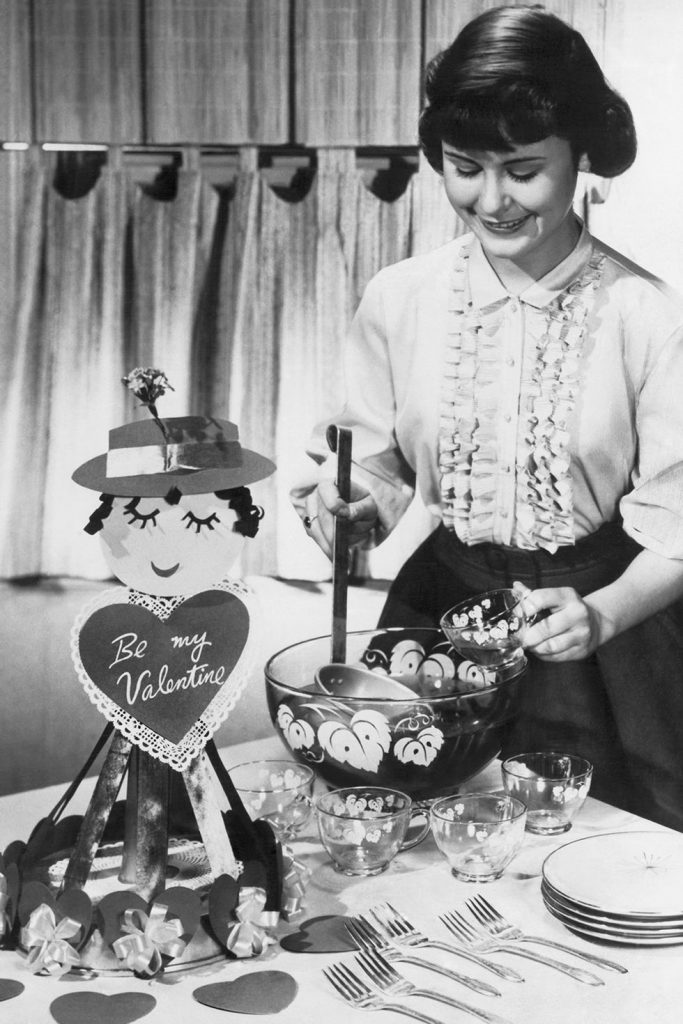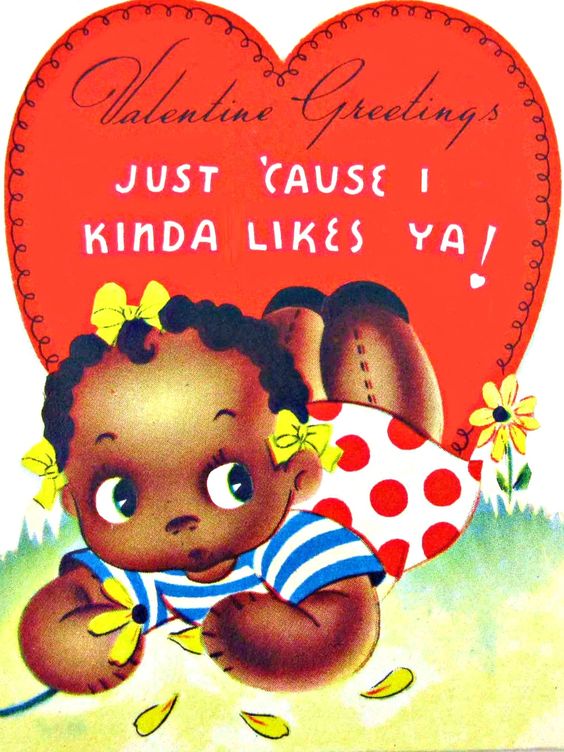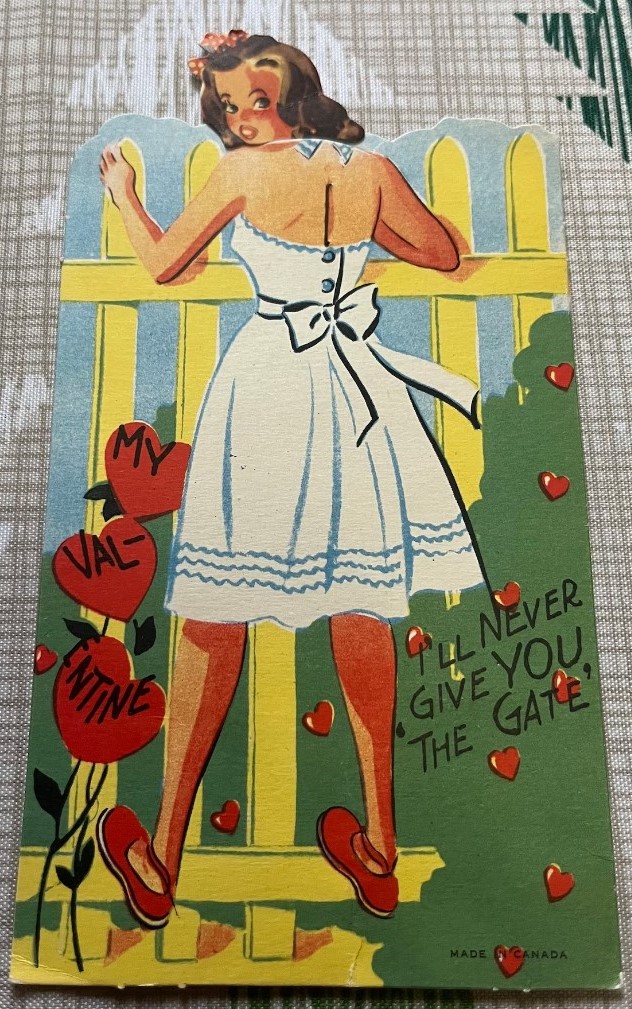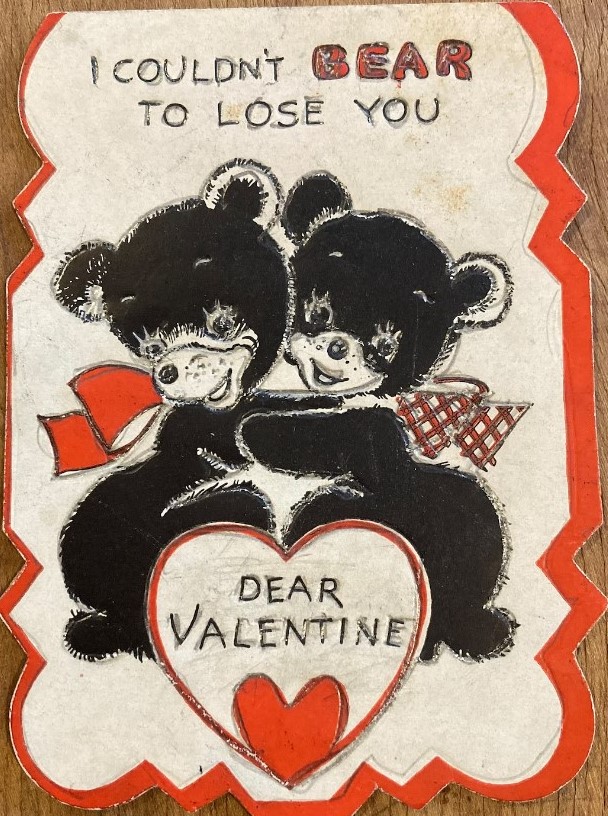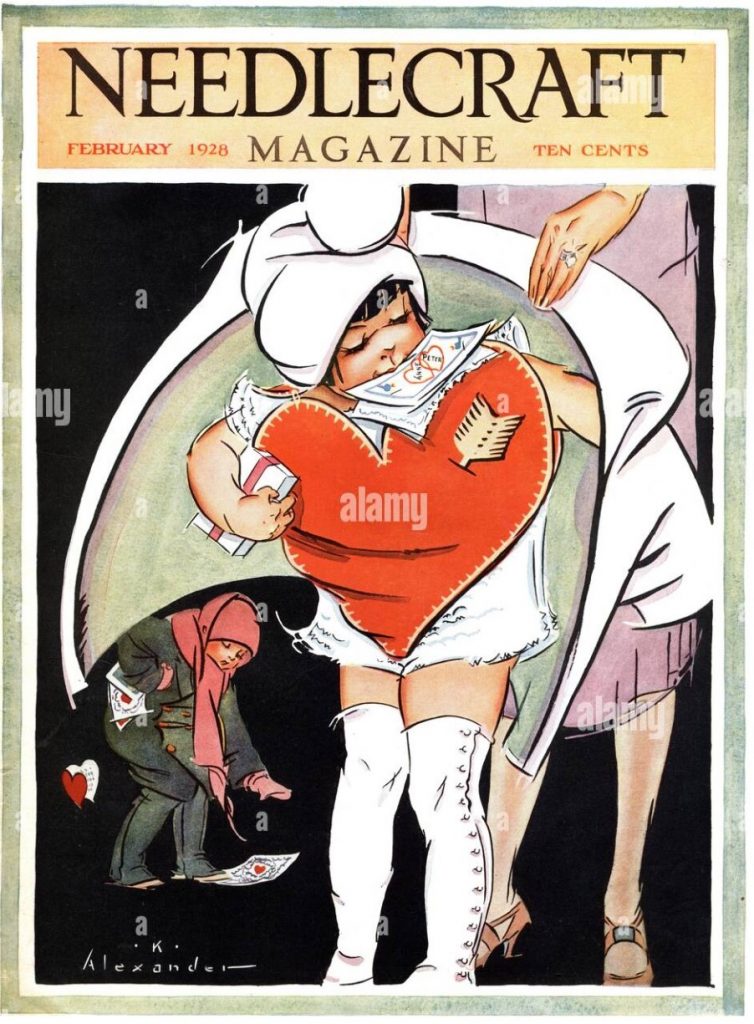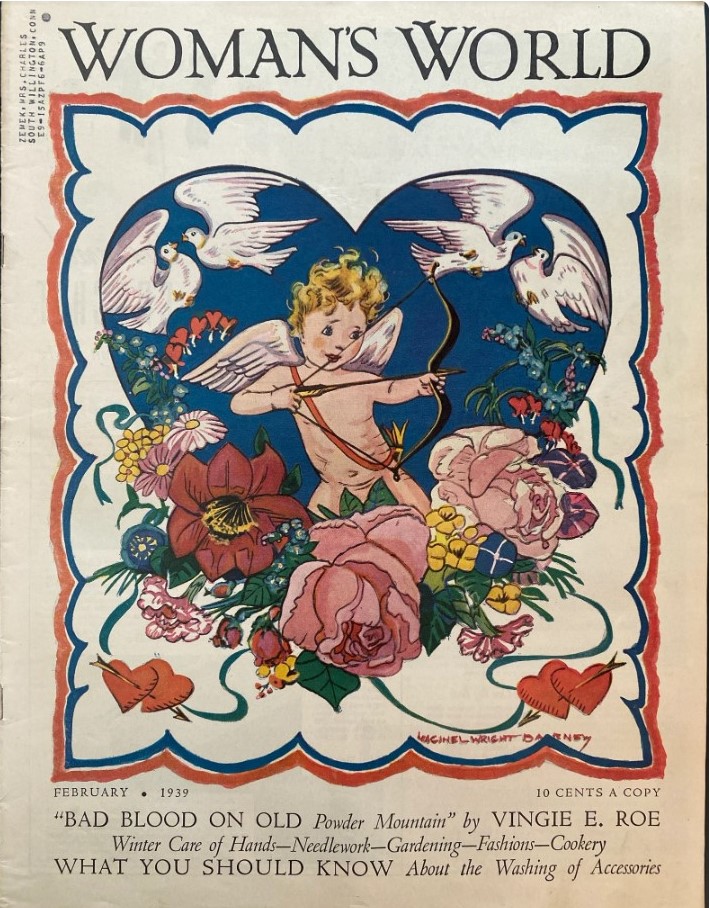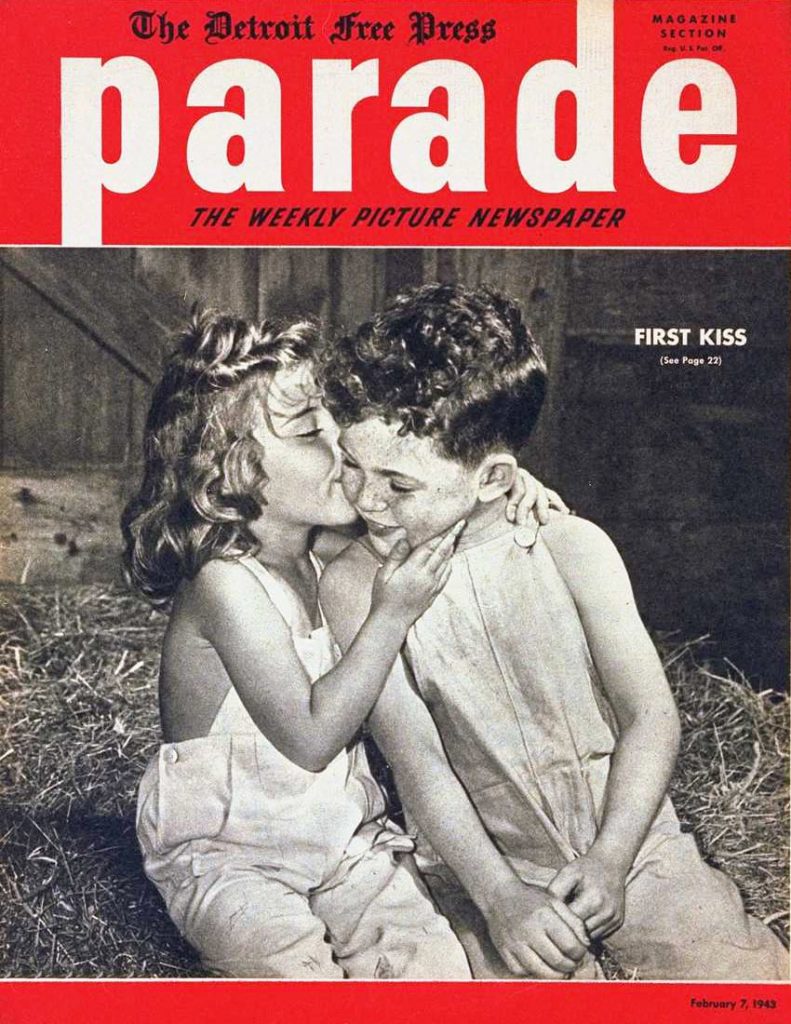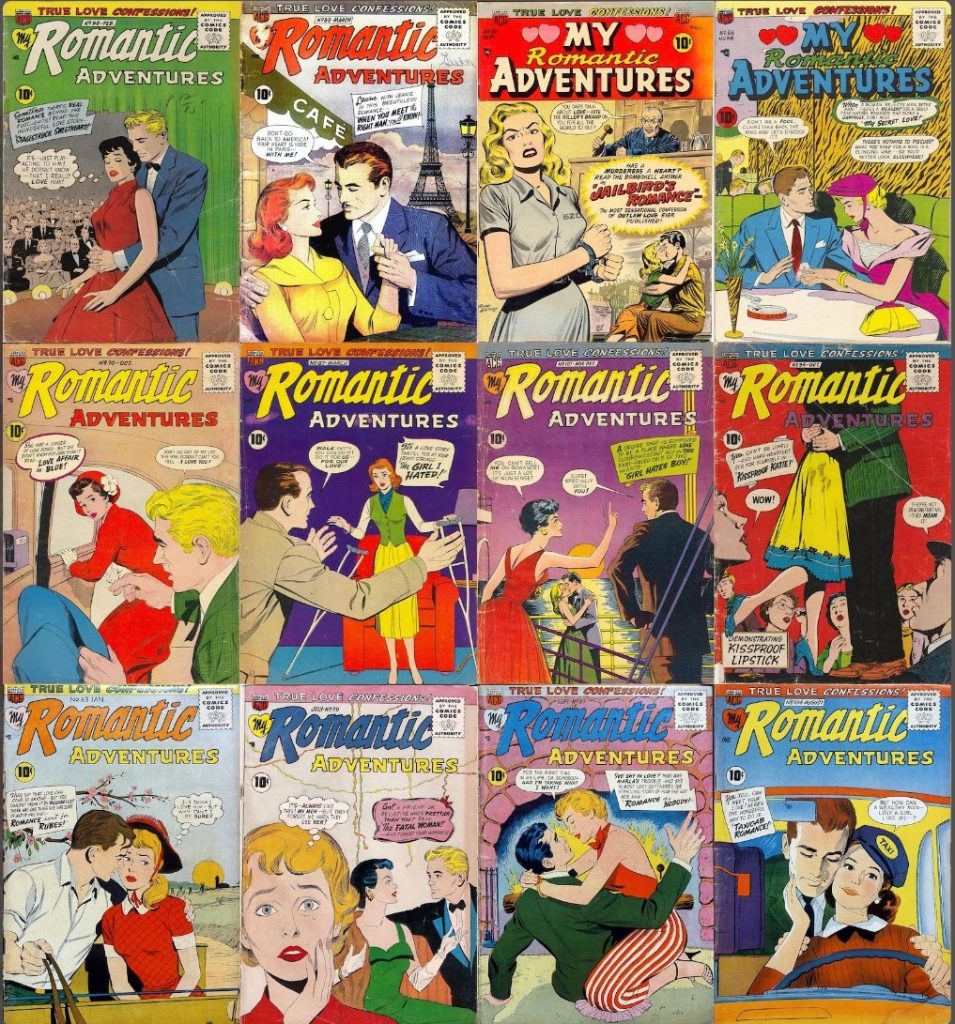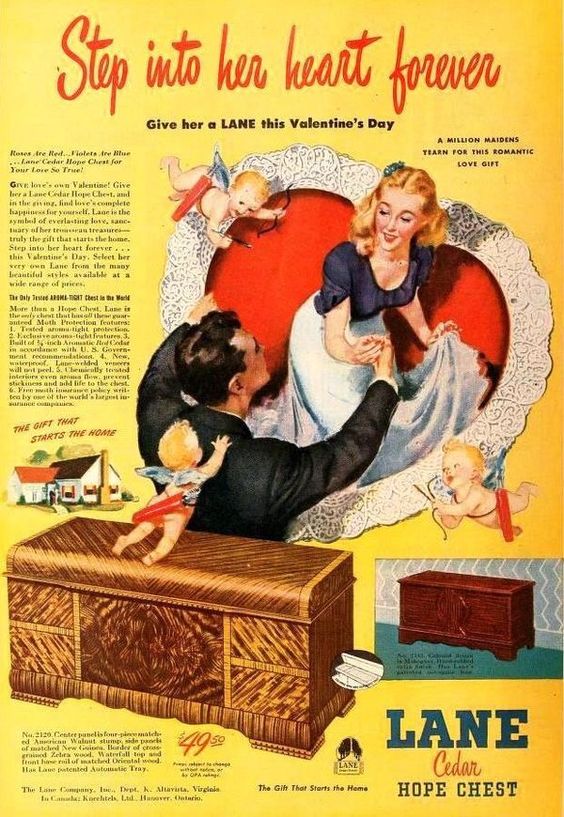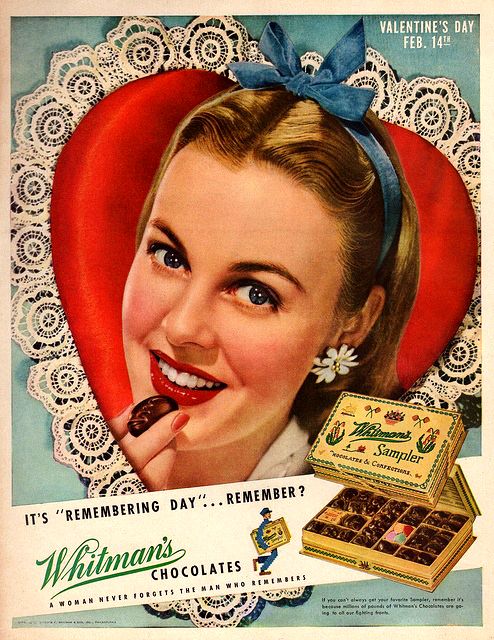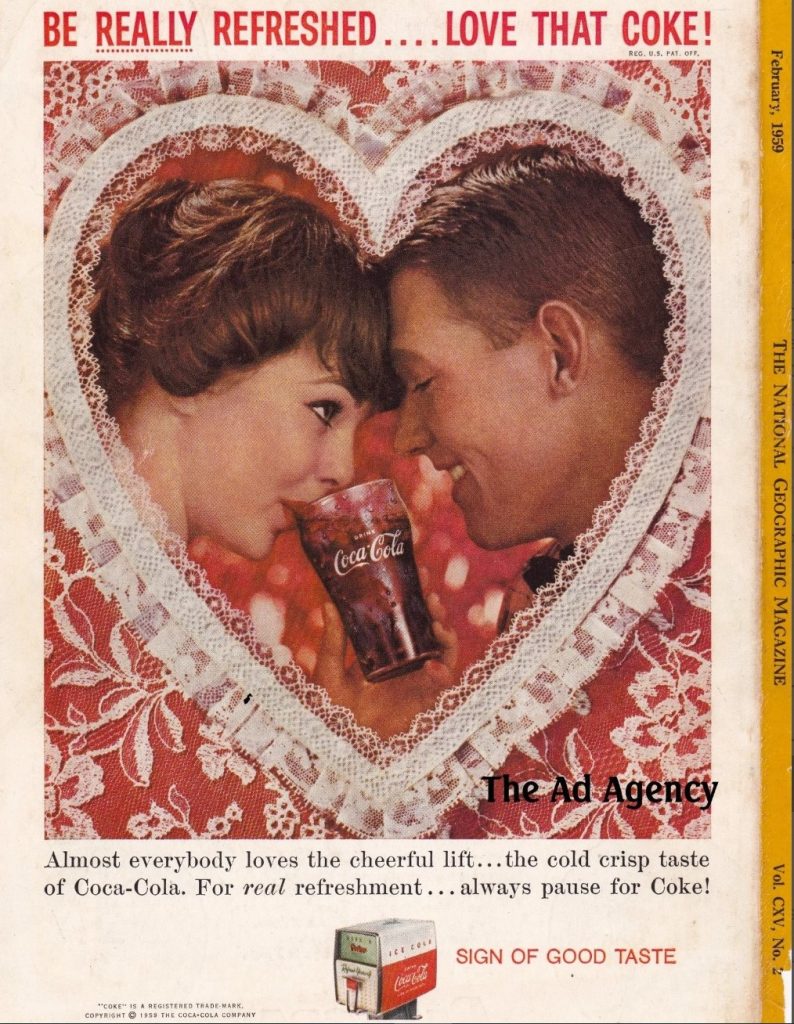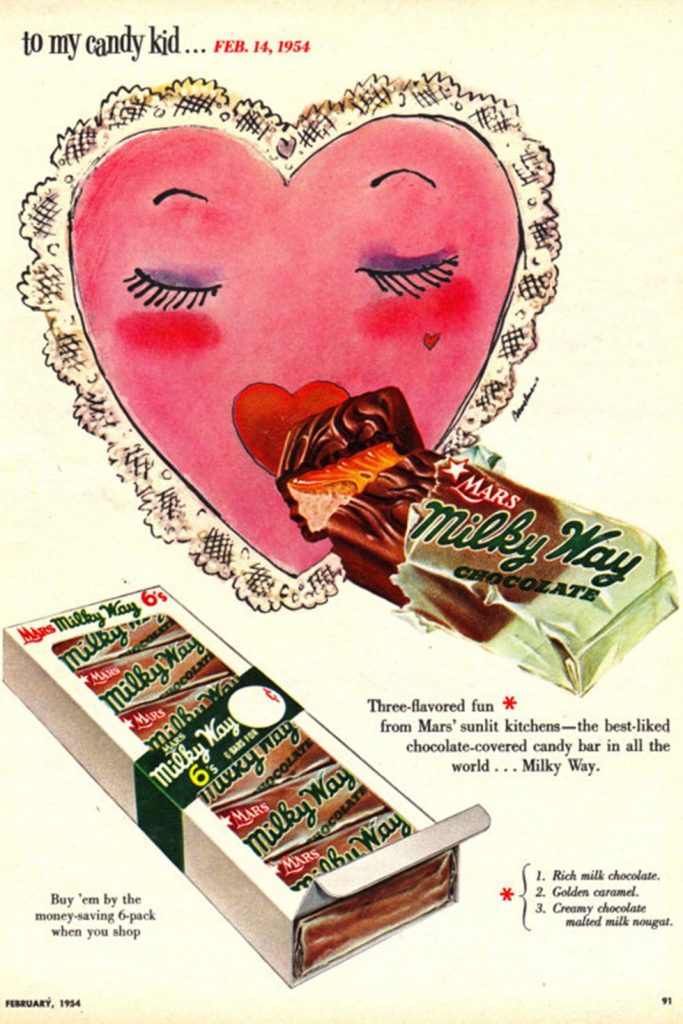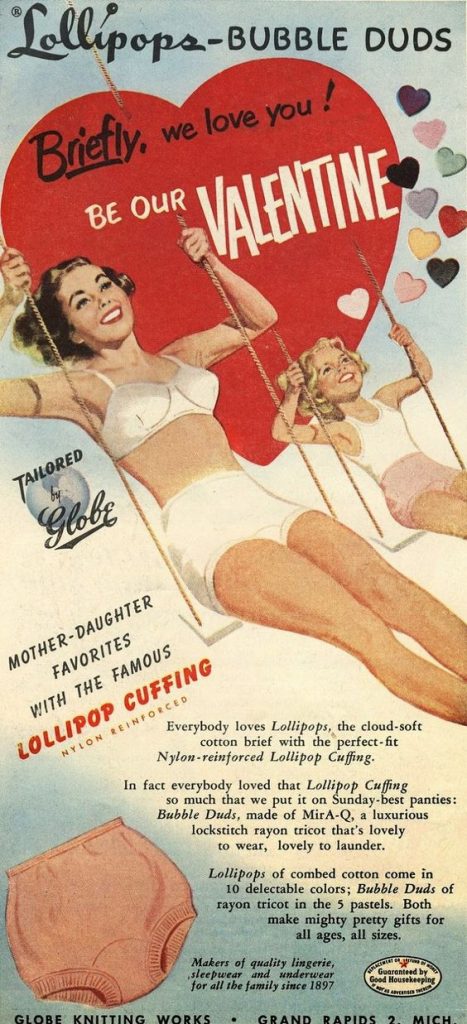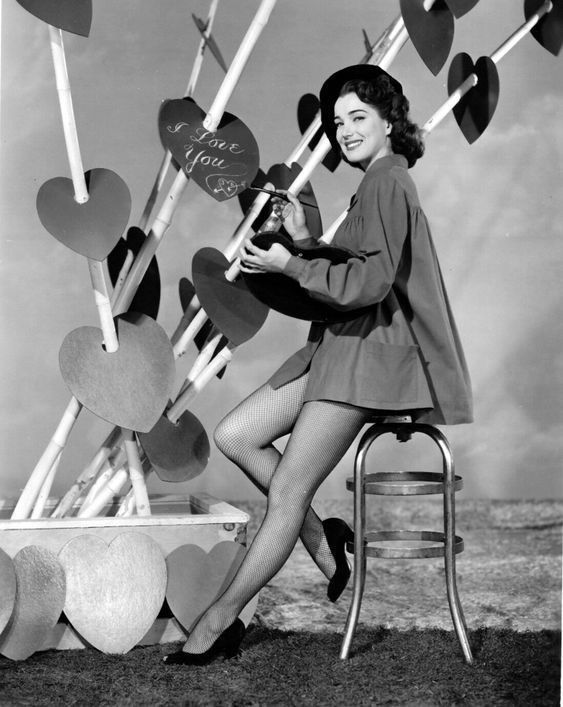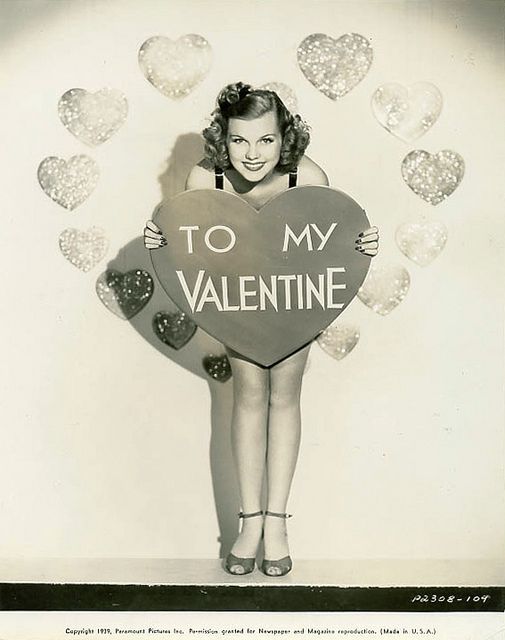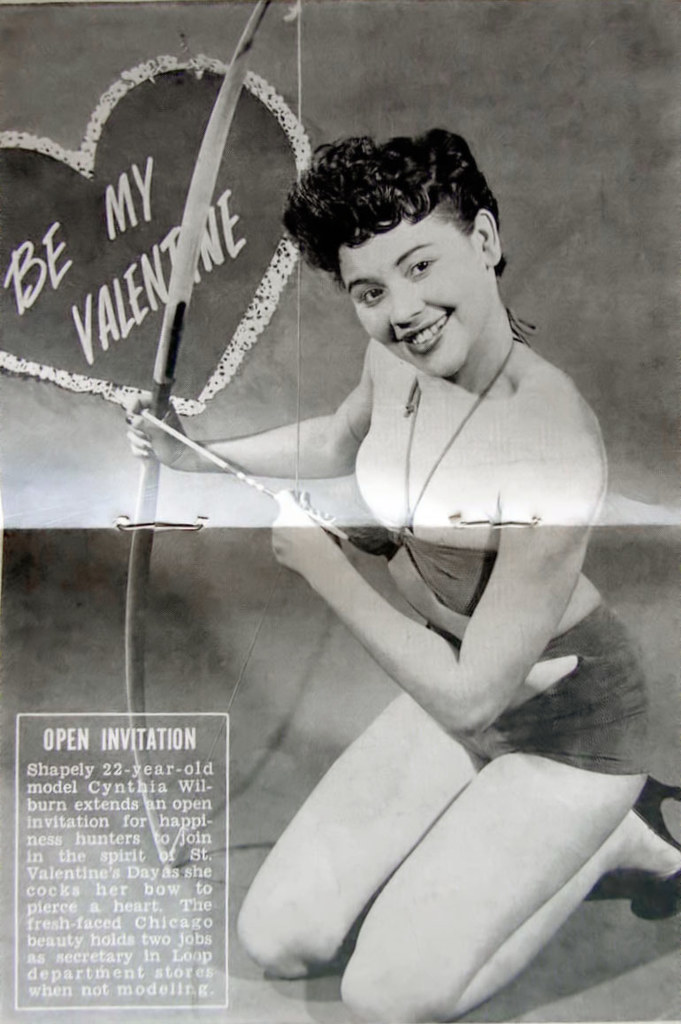During Black History Month, discover the most iconic yearbook superlatives from Black high schools, colleges, and universities in the 1950s. From best dressed to most likely to succeed, these vintage snapshots capture the essence of a generation and reveal the unique experiences and achievements of Black students during a pivotal time in history.
Are you ready? Let’s get started.
All images from North Carolina Vintage Yearbook Archives
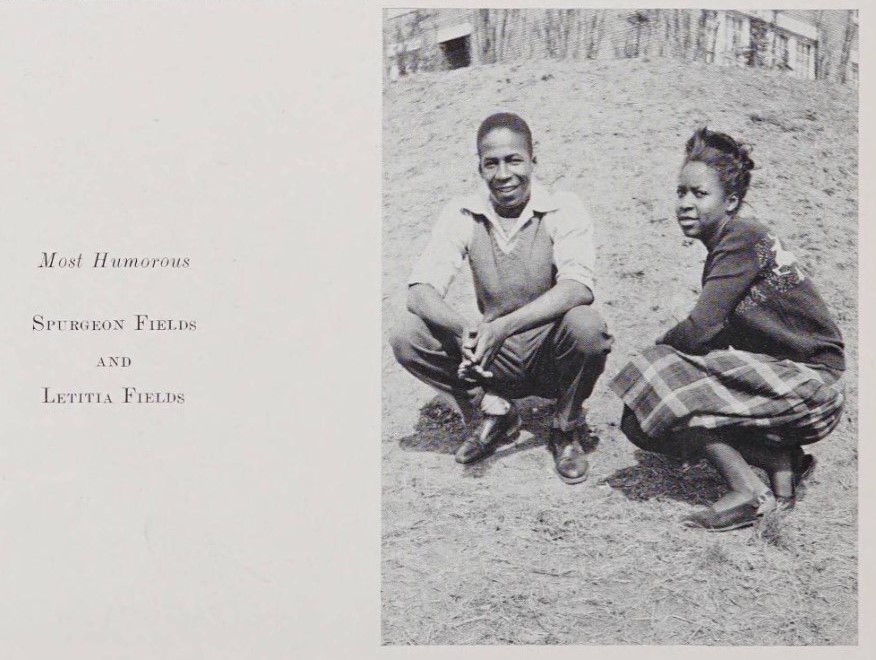
Vintage Yearbook Superlatives from Black High Schools, College & Universities 1950-1959
![1950s yearbook photo from Williston Senior High School, North Carolina, The Willistonian [1955] featuring a young Black Woman being voted as "Best Looking" for the Superlatives in her yearbook.](https://www.vintageinn.ca/wp-content/uploads/2024/02/1950s-vintage-yearbook-photo-of-a-pretty-Black-Woman-Student-named-Best-Looking-736x1024.jpg)
SUPERLATIVE: The actual definition of a superlative is an object or person that has the most of a given quality. Within the context of high school, college & university, superlatives are reserved for the senior class as a rite of passage, with their peers voting in various categories. They are part of yearbook traditions.
Examples of Categories:
- Best all-around
- Biggest flirt
- Class clown
- Cutest couple
- Life of the party
The Vintage Class Superlatives…
“Most Dignified“, Pauline Leake & Kenneth Norton from Central Piedmont Community College, “The Buck [1950-1951]” Yearbook.
Liz note: I’m obsessed with Pauline’s early 1950’s jacket.
“Most Carefree”. One more from Central Piedmont Community College, “The Buck [1950-1951]” Yearbook.
Saint Augustine’s University, 1951 ‘Falcon’ Yearbook picks….
“Most Popular” was Alexander Morris. “Best Dressed Girl” went to Marilyn Lomax. “Best Dressed Boy”, Jason Randall and “Most Versatile” was Donald Ashman.
Saint Augustine’s University, 1953 ‘Falcon’ Yearbook Superlatives…
“Most Cooperative”, “Most Musical” and “Friendliest”.
1955 Williston Senior High School, North Carolina, The ‘Willistonian’ Yearbook featuring the “Most Intellectual”, “Best Dancers”, “Best Solo Dancer”, “The Most Studious” and “The Most Temperamental”.
1955 Superlatives from the Booker T. Washington High School (Reidsville, N.C.), ‘The Pioneer’ Yearbook. The categories on this page were…
“Most Dependable”, “Most Studious”, “Most Versatile”, “Biggest Flirt”, “Most School-Spirited”, “Most Likely to Succeed”, “Best Dressed” and “Best Actor / Actress”.
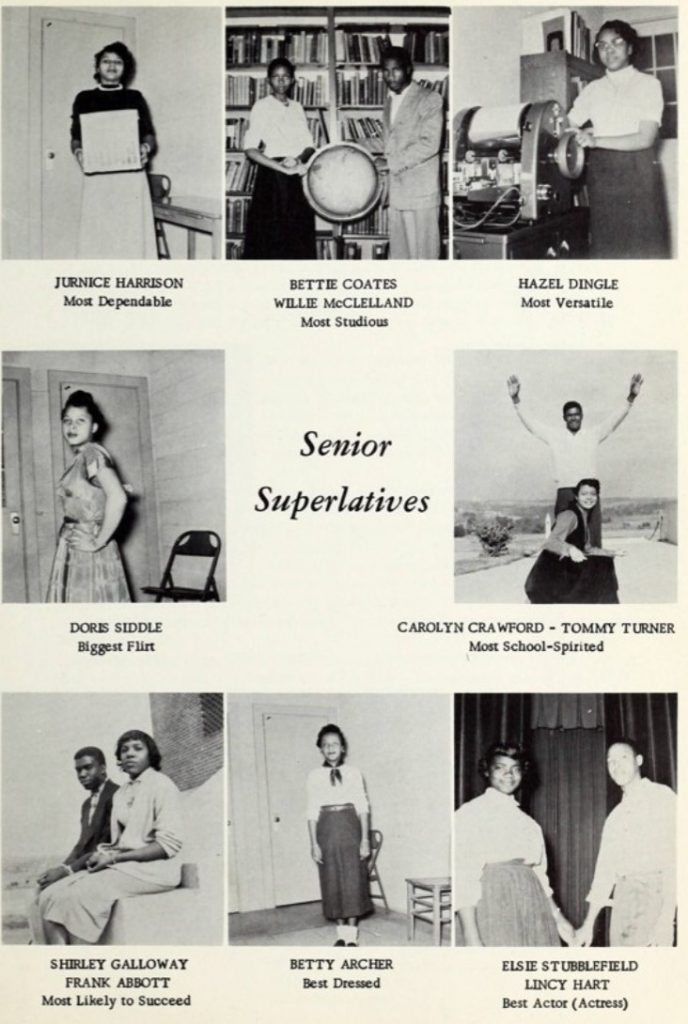
1958 ‘Blue Flame’ Yearbook from Central High School (Hillsborough, N.C.) featuring the “Most Dramatic” & the “Most Talkative” Superlative.
Another 4 from the same Central High School in 1958….“Most Athletic” & “Best Dancers”.
Some new one’s in the Senior Superlatives from Dunbar High School 1959 ‘The Bar’ Yearbook.
“Most All-Round”, “Most Helpful” & “Shortest”.
Shaw University, 1959 ‘The Bear” Yearbook featuring the chosen two for “Most Jovial”.
I hope our Richard was just having an off day when they took his photo.
Thanks for reading my post!
I wonder how everyone made out in life? Did they continue to be the “best dressed” or the “most carefree”? I would like to think so.
Question time: Did your yearbook have as Superlative? If so, were YOU in it (I don’t think my school had this)? Share any fun insights or comments in the section below.
Further Reading: Vintage Yearbooks 1920s-1960s (archived blog posts)
Liz

![1950s vintage yearbook Superlative from Central Piedmont Community College, "The Buck [1950-1951]" Yearbook featuring "Most Dignified" Black Man and Black Women from a HBCU. Fantastic early 1950s fashions!](https://www.vintageinn.ca/wp-content/uploads/2024/02/1950s-vintage-yearbook-photo-from-a-North-Carolina-HBCU-featuring-two-young-Black-College-Students-winning-a-Most-Dignified-Superlative-658x1024.jpg)
![1950s vintage yearbook Superlative from Central Piedmont Community College, "The Buck [1950-1951]" Yearbook featuring the "Most Carefree" Students. The Image features 5 Black College students in early 1950s fashions.](https://www.vintageinn.ca/wp-content/uploads/2024/02/1950s-vintage-yearbook-photo-from-a-North-Carolina-HBCU-featuring-young-Black-College-Students-winning-Most-Carefree-Superlative-688x1024.jpg)
